For individuals aiming for K-pop fame, the journey is often arduous and lengthy.
They're about to discover which individuals among them will secure a spot in South Korea's newest K-pop group – a dream shared by numerous young aspirants across the nation, and increasingly the globe, as the multi-billion-dollar industry skyrockets in global popularity.
However, reaching that room is a lengthy, grueling process. The girls have spent months or years honing their skills in singing, dancing, rapping, and performing – all while adhering to stringent exercise and diet regimens.
Many have given up their formal education or left families far away. And in the fast-paced world of K-pop, where stars trend young and groups often disband after just a few years, some girls see this as their only opportunity.
"In the idol world, 18 is very old ... so if I miss this opportunity, I worry whether there will be another place other than this company that would accept me," said 18-year-old Ah-In Lee, one of the seven final trainees at K-pop company MZMC.
CNN was granted exclusive access to MZMC's final week of training before launching its first-ever group for a documentary on "The Whole Story With Anderson Cooper."
MZMC founder and CEO Paul Thompson, an American who has penned and produced hundreds of K-pop songs, estimates they went through thousands of auditions before selecting about 30 girls as official trainees – of which now only seven remain.
The rest either dropped out or were cut during monthly evaluations that gauged if trainees were improving quickly enough.
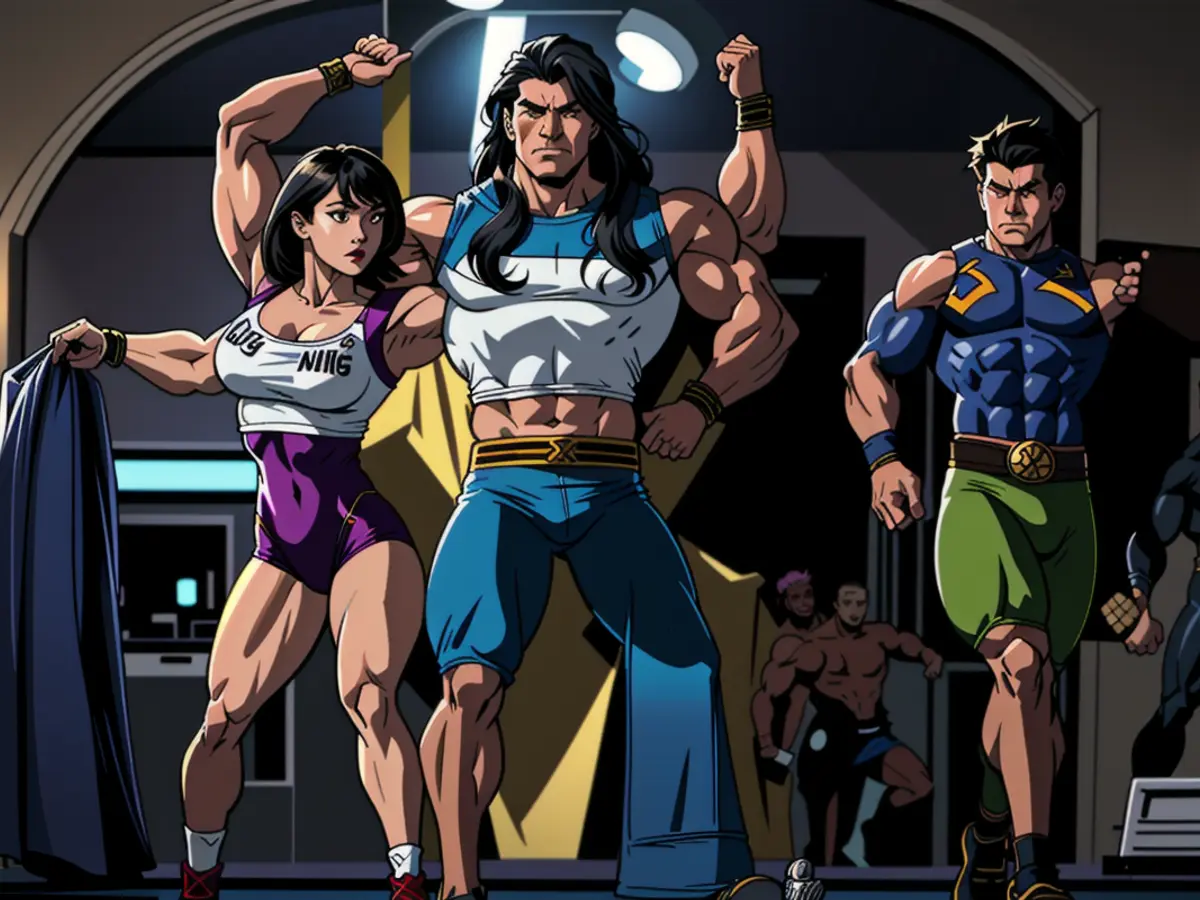
These eliminations are the norm in the colossal K-pop machine, which distinguishes itself from other music industries worldwide for the scale of its artist development and production programs. Agencies don't just train and select stars – they dictate their schedules, prepare their public debuts, manage their media appearances, concerts, encourage online fan interactions, and even oversee many parts of the stars’ personal lives.
The United States once had a similar system in Motown, with the label scouting young talent throughout the 1960s and ‘70s and teaching them how to perform – but it disappeared "because it's too expensive," Thompson said.
But in South Korea, it has flourished - MZMC is a relatively small company. Thompson estimated larger labels can sign hundreds of trainees before whittling them down to a final selection.
One of those seven girls at MZMC is Brittney Jang, a soft-spoken 20-year-old who grew up in the US before returning to her birthplace of South Korea to pursue her K-pop dreams. The oldest of the trainees, she seemed confident about her chances of making the final five – perhaps because she knew what was at stake.
If she isn’t selected, “that means that I can’t become an idol,” she told CNN, using a term commonly used for K-pop stars. “This is my last chance.”
Unyielding training and pressure
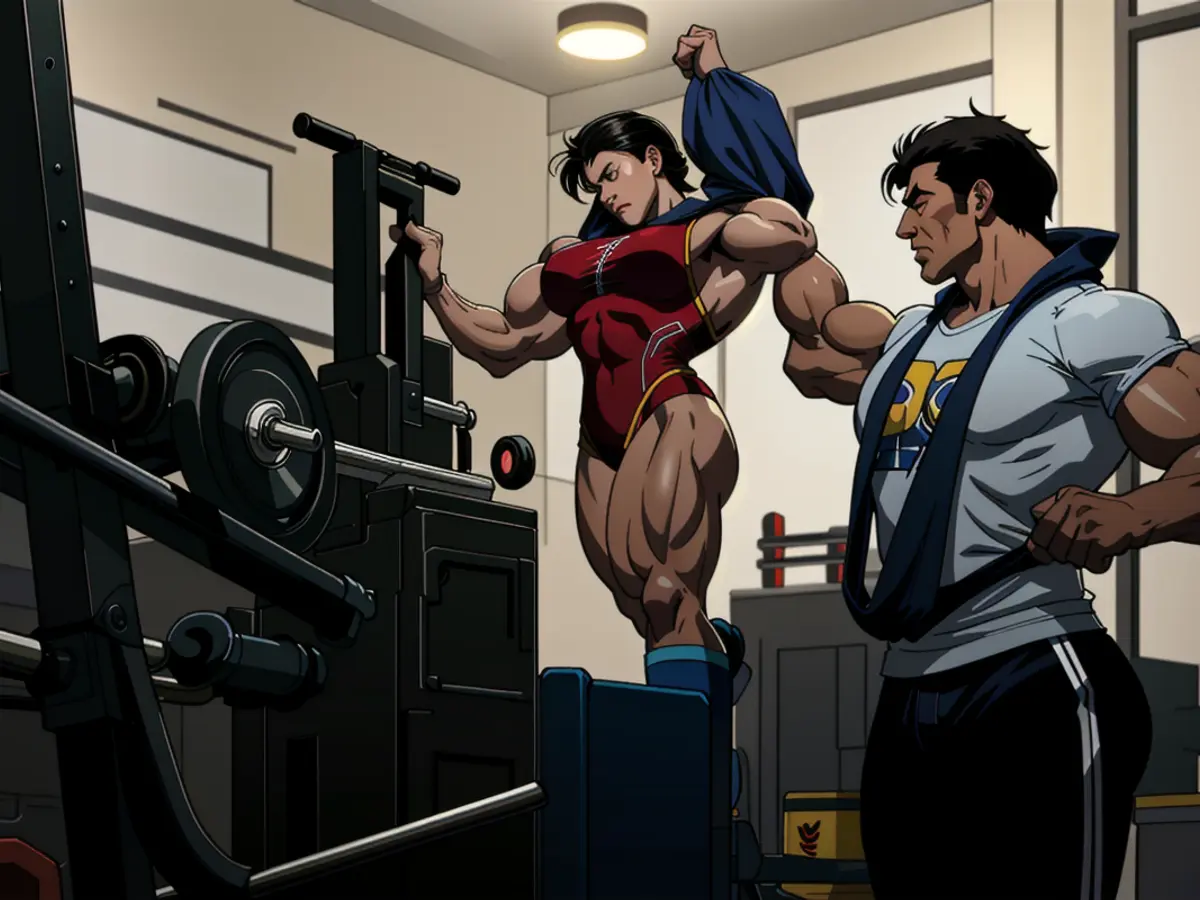
For the girls, every day starts with two hours in the gym before a full day of classes including vocal and dance lessons. Younger members like 14-year-old Liwon Kim attend half a day of regular school before going straight to training, which can last until midnight.
Some don't even live with their families, instead staying in dormitories – like 17-year-old Rana Koga from Japan, the only non-Korean trainee.
The pressure can be relentless, with scrutiny of their appearance, as well as their skills. Part of this reflects the culture in South Korea, where rigid beauty standards have traditionally valued fair skin, slender physiques, and hyper-feminine features. Plastic surgery procedures like double-eyelid surgery are so common they’re often offered to teenagers as graduation gifts from parents.
Beauty standards are even higher for K-pop stars.
“The word is idol,” argues Thompson, the MZMC founder. “Nobody wants to idolize someone who reminds them of yourself. You want to look up to someone and say, ‘I want to be like that person. Look how pristine and perfect they are.’”
But the demand for thinness can turn dark.

“Definitely, people have been cut (from training programs) for their weight,” said Amber Liu, a Taiwanese-American former idol turned indie artist. “I developed a very unhealthy habit of just starving myself ... I was 16, I didn’t know what to do.”
Min, another independent musician who used to be part of K-pop group Miss A, told CNN 100 pounds (about 45 kilograms) is considered the standard weight for a female idol.
Those expectations color the daily lives of the MZMC trainees, who closely track their intake and weight.
“I have to eat while lessening the amount of food and calculating the nutritional value and calories. That’s a bit difficult,” said Lee, the 18-year-old trainee, giggling as she listed pizza as a favorite food.
But, she added, “you could say that (appearance is) the most important thing for an idol because it’s a job where being seen is the most important thing.”
Thompson, the CEO, said the agency measures the trainees’ body mass index twice a month. “We provide them with roasted chicken and boiled eggs and things like that...They’re eating enough,” he said, defending the diet as key to the group’s “visual aesthetic.”
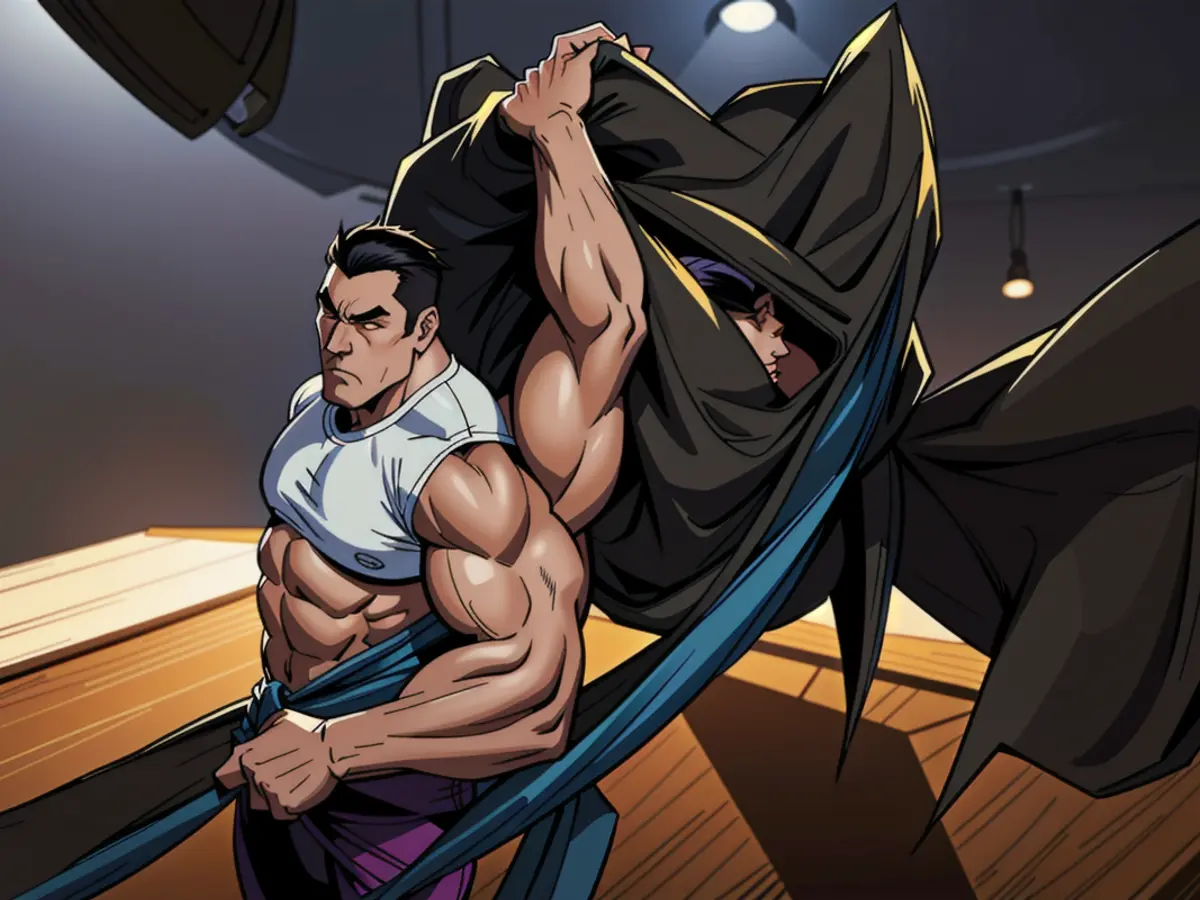
He also insisted that the agency doesn’t push any trainees into plastic surgery, saying he valued their musical talents first and foremost.
Still, the thought lingers in the girls’ minds.
Seoyoung Yun, a 16-year-old trainee, is energetic and confident, sporting black hair cut into stylish bangs – and has long played with the idea of getting plastic surgery on her eyes.
"My task demands public acceptance, so if the public prefers a more polished image for my debut, I'm down with it," she stated.
Her dad had initially disagreed, but she momentarily entertained the thought that being "true to myself" might appeal to fans who "appreciate authenticity."
However, her ambition for stardom is taking precedence.
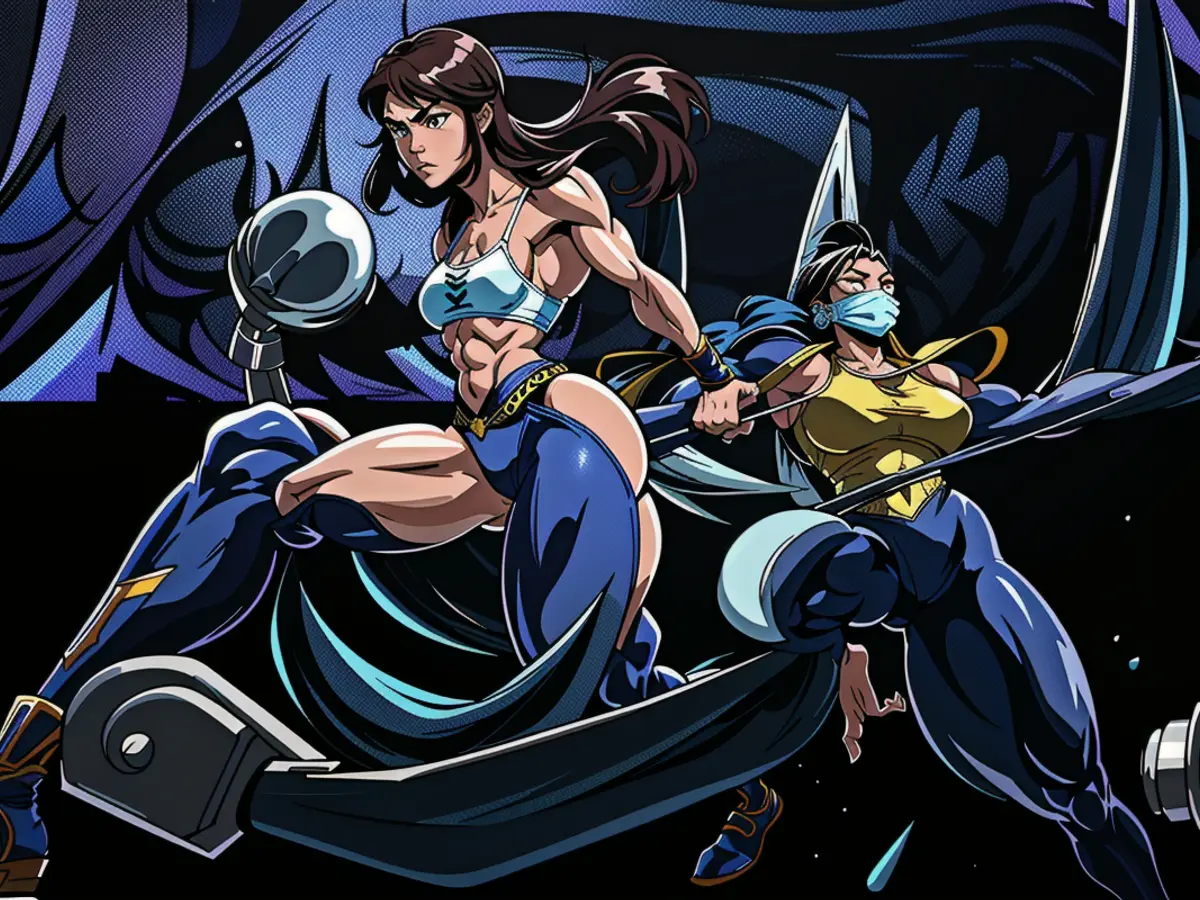
"If it's minimal cosmetic alterations that don't drastically change my appearance, then why not?" she concluded. "If it's to boost my career, then why not?"
The cost of fame
Even after a group is formed and debuts, the stress doesn't lessen. In fact, the pressure intensifies.
Out of the numerous groups that debut in the oversaturated market, only less than 1% achieve the fame level of renowned acts like BTS or Blackpink, mentioned Woonghee Kim from MZMC's casting department.
Popularity brings its own constraints. Fans of prominent groups scrutinize every aspect of their idols' lives - appearances, performances, and even personal lives. Minor misdeeds like smoking or drinking can spark public backlash, forcing stars to live under strict restrictions.
This extends to relationships too. In the past, artists have faced fan wrath upon disclosing their relationships. Last year, K-pop singer Karina of Aespa had to issue an apology online following her confirmation of a relationship with an actor, leading fans to threaten a dip in album sales and concert attendance. The relationship ended shortly after.
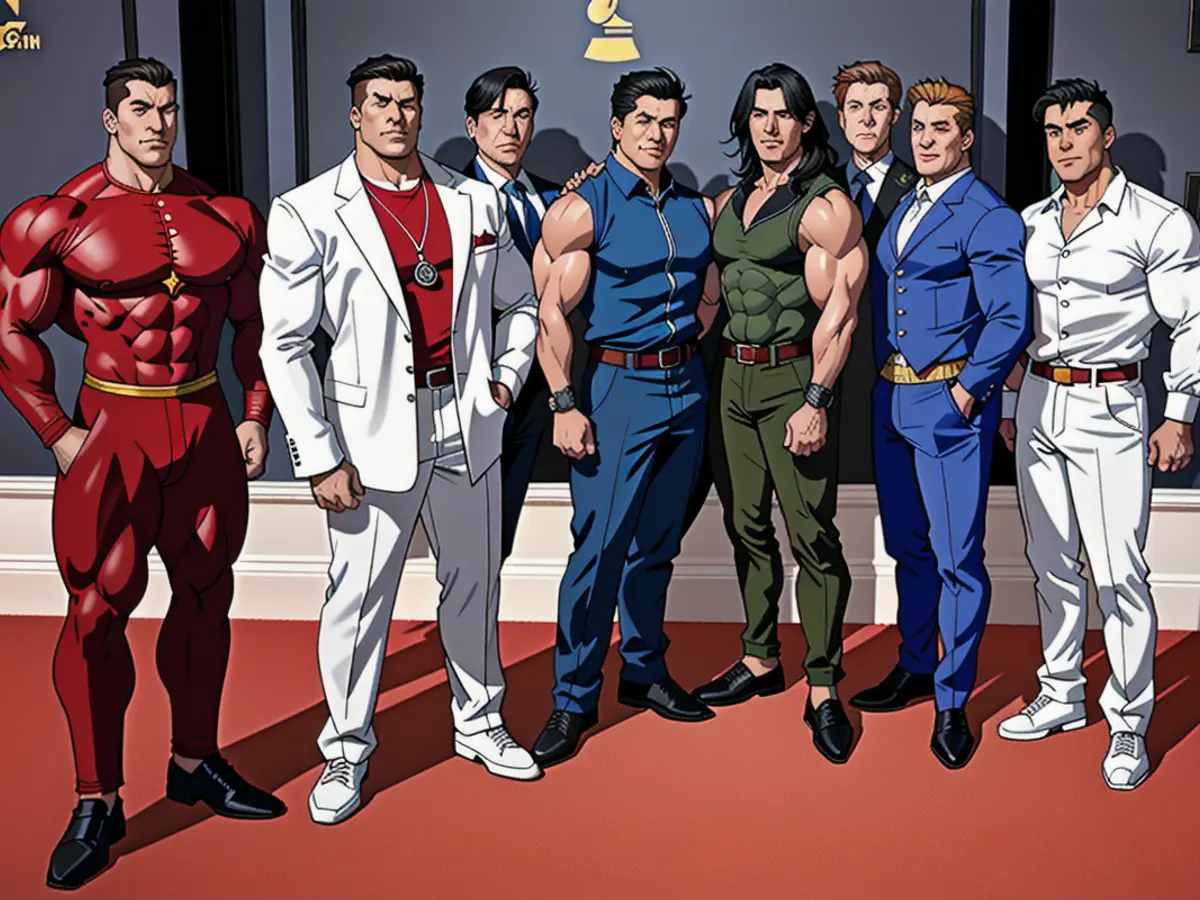
Experts have previously explained this behavior is partly due to the industry relying on fan support, who often make charitable donations or pay for promotional ads. Yet, this extreme loyalty also means artists and agencies must toe the line of fan expectations and desires.
"There are certain things we train the girls to be aware of," advised Thompson. "If you're going to do these things (dating or drinking) when you're older, you have to be more discreet about it."
Some agencies have eased their rules in recent years, after a series of high-profile deaths underscored the psychological strain on idols.
Yun, a 16-year-old, suffered a panic attack in 2023 after enduring three years of monthly eliminations. She took a four to five-month break to recover and hasn't experienced another attack since returning, disclosed her father to CNN.
Despite the heavy pressures, a career in the industry remains a cherished dream for many aspiring stars as it continues to expand.
After breaking into the US market with Psy's hit "Gangnam Style" in 2012, K-pop reached global prominence with Blackpink performing at Coachella and BTS earning five Grammy nominations. K-pop has consistently been one of South Korea's leading cultural exports, and its influence has grown as other hits - such as K-dramas and K-beauty - swept the world during the "Korean wave."
For the seven girls in the room, the prospect of joining this worldwide, culture-defining industry was within reach - through the door where Thompson and other MZMC executives would reveal their futures.
One by one, the girls were called in - responding with shock, joy, and tears. By the end of the day, the new girl group was born: VVS, named after a precious grade of diamond, set to make its official debut in early 2025.
"We will achieve a certain level of success. We will find the right fan base and the right people who will enjoy our music," said Thompson to CNN, shortly after announcing the final lineup.
"Will we become Blackpink?" he added. "Time will tell."
The girls at MZMC are constantly striving to perfect their style in dancing, singing, and rapping, as this is a crucial aspect of their K-pop dream. (style, arts)
The intense pressure to conform to rigid beauty standards in the K-pop industry often leads trainees to consider undergoing plastic surgery, as Seoyoung Yun has done with the idea of getting double-eyelid surgery. (style)






